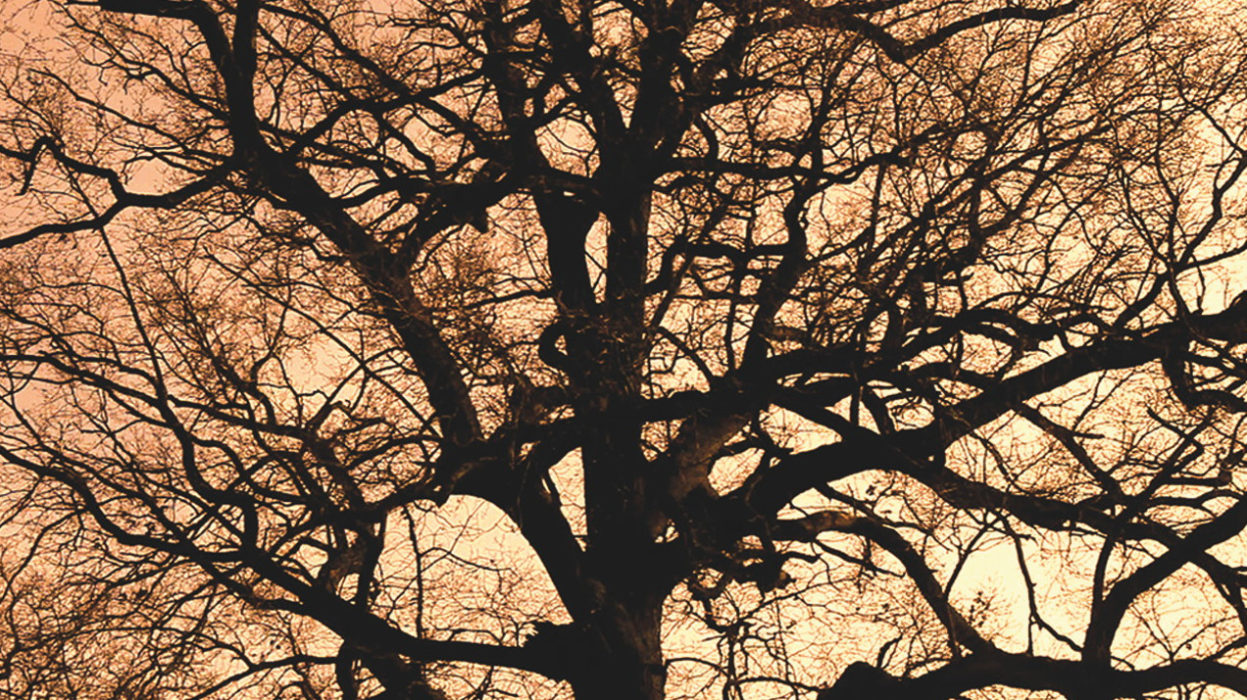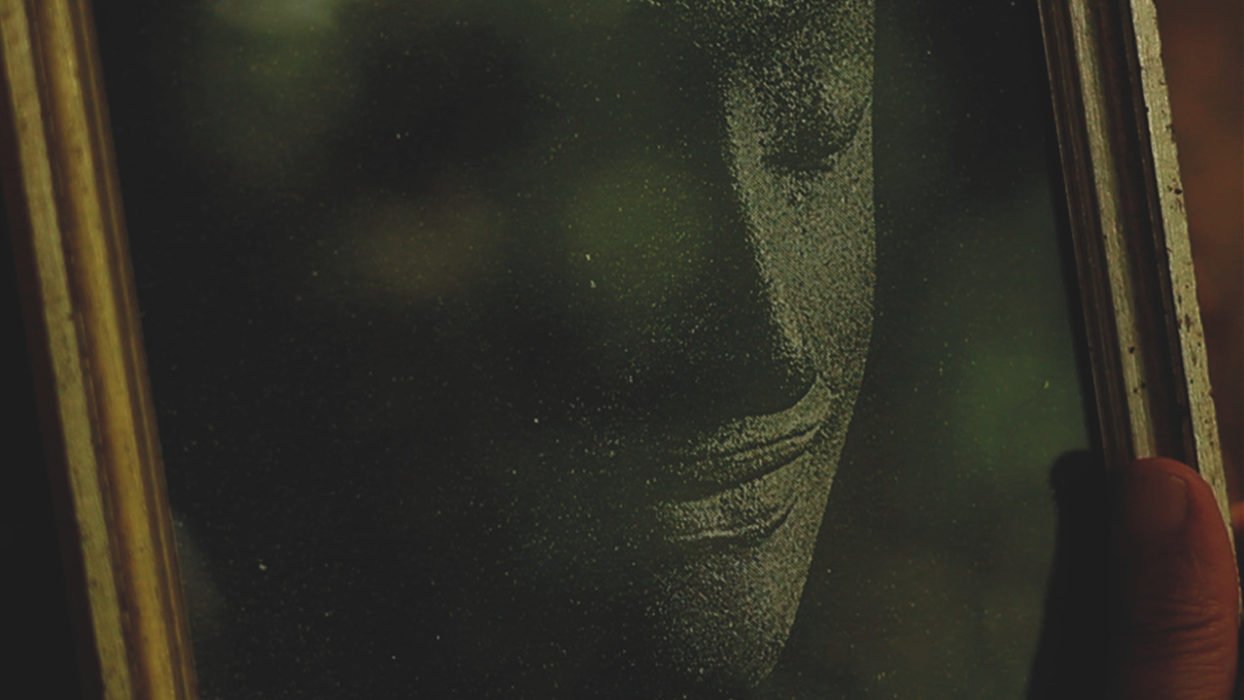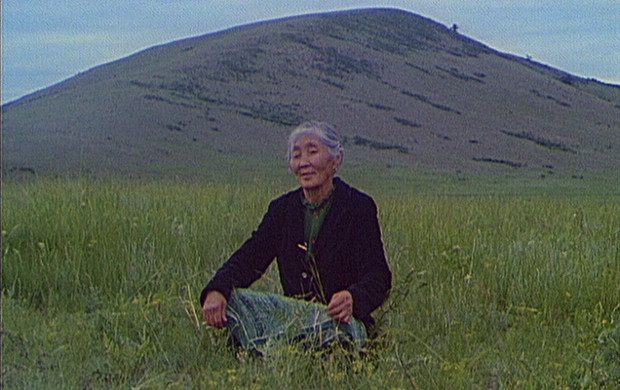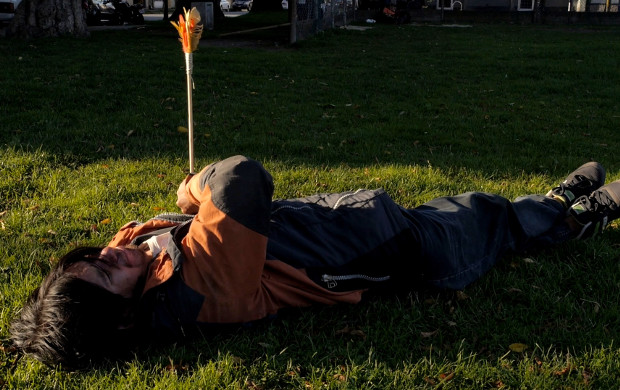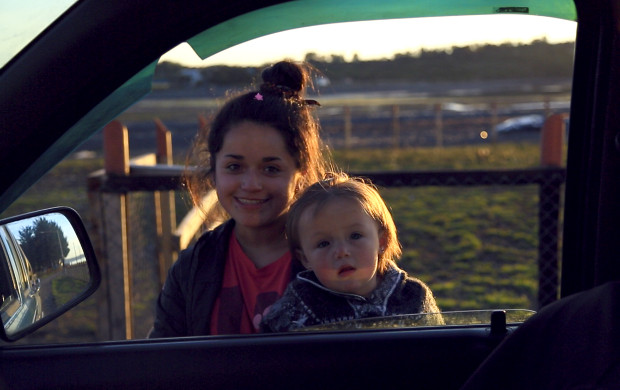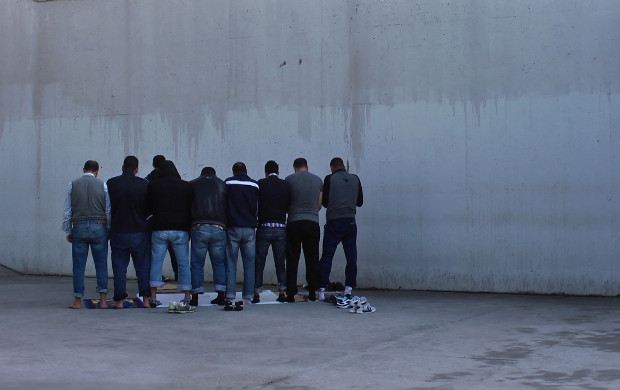La Deuxième Nuit
The Second Night
- 2016
- Belgium
- 80 minutes
- French
Future, present, past: after the call to the future of Lettre d’un cinéaste à sa fille and a journey to the present through a garden of films yet to be made (Les Films rêvés), Eric Pauwels questions the origin. Very concretely at first, as the body that bore him sixty years ago, that of his mother, is gently declining. The origin of cinema too, from the Chaplin films that he tasted with her in a café to the magnificent challenge she gave him as a young man: to go ahead and make films if that was what he wanted. Seemingly banal, this advice bears the stamp of a generation of women effaced by marriage and maternity. La Deuxième Nuit thus develops, between first and second person, a vibrant collage of colours and formats, memories and objects, which are not memento mori but traces of the passage of time. Briefly referenced, other artists who focused on the “mother” (Camus, Pasolini) enter into this mosaic on equal footing with the personal “I remember”s (dish-washing sessions) and idiosyncratic associations (a gesture with specific meaning for the Pauwels family, which the filmmaker illustrates through shadow-theatre images). Unified by the mother’s kindly gaze, the multiple patterns in this shimmering fabric soften her departure, the cruel “second second night”. Far from funereal, a joyful fanfare of young musicians disappears into the distance, like Chaplin taking his leave at the end of his films, walking away into freedom. (Charlotte Garson)
- Production : RTBF - Unité documentaire; CBA - Centre de l'Audiovisuel à Bruxelles; Stenola Productions; Associate Directors; Umedia
- Editing : Rudi Maerten
- Sound : Jeanne Debarsy; Ricardo Castro
- Photography : Eric Pauwels
- Copy Contact : Stenola Productions
